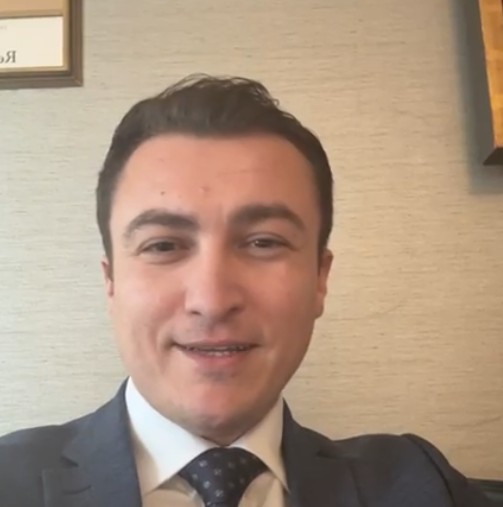Following reports that Malta’s anti-money laundering framework has been given a positive review by Moneyval ahead of a final vote set in April, SME Chamber CEO Abigail Mamo has described the development as “extremely positive”.
On Sunday, the Times of Malta cited Government sources, saying that the Council of Europe anti-money laundering expert committee, more commonly known as Moneyval, has given positive feedback on a raft of reforms introduced in recent months.
Commenting on the report, Prime Minister Robert Abela insisted he would not celebrate a positive result, adding that more work needs to be done.
Following Moneyval’s final vote in April, the Financial Action Task Force (FATF), which Moneyval is a member of and is the global money laundering and terrorist financing watchdog, will ultimately decide, based on Moneyval’s recommendation, on whether Malta should be ‘grey-listed’, a first for an EU member state.
Should Malta face such a categorisation, a strict reform procedure would be imposed, while the global financial and banking system would be alerted about increased risks from transactions with the country in question.
Among other sectors, Malta’s flourishing iGaming community, financial services community and fledgeling medical cannabis community, which jointly employ thousands, depend on the reputability of the island as a jurisdiction.
So, what does a potentially passing grade mean for Malta’s business community and financial services sector?

SME Chamber CEO Abigail Mamo said the organisation is closely monitoring the situation, but that recent reports are a “very good sign”.
She highlighted how the repercussions of a negative assessment are “something that gave us nightmares”.
Ms Mamo stressed that Malta’s development as a financial services hub and a hub for doing business, in general, was not easy to achieve, adding that if Malta gets the official rubber stamp, it would be a huge achievement for the country.
“Reputation is key and a lot will rest on Moneyval.”
She said that businesses across the island have been banking on a positive outcome, cautioning “it does not mean things will end here. If negative reports continue coming out in relation to Malta’s political system,” problems will continue to abound.
Indeed, a fortnight ago, former OPM chief of staff Keith Schembri, together with several others, was charged with money laundering and a slew of other corruption charges for offences dated between 2005 and 2019.
Moving on from Malta’s political woes, Ms Mamo said “nonetheless, [indications of a positive Moneyval outcome] are a very important test that Malta would have passed, showing we are a reputable and reliable jurisdiction of choice”.
‘Moneyval is the first step in terms of where Malta should go’

Wayne Pisani, who heads both the regulatory and compliance operations, and the financial service tax and regulatory team at Grant Thornton Malta, stressed that he was never one who believed that Malta’s ‘end in sight’ is with Moneyval, but that it should be a first step in terms of where Malta should go and stand for.
Speaking in his personal capacity, Mr Pisani said that Malta needs to “recalibrate and adapt to the circumstances”, both vis a vis what the country “went through from a political perspective” but also as a result of the pandemic reality.
Since the Panama Papers scandal broke in 2016, the Labour Government has been dogged by corruption allegations. Questions about Malta’s financial regulatory robustness then came to a head in 2019, when the country failed its Moneyval test and set to work on sweeping reforms recommended by the anti-money laundering expert committee.
Speaking of the recommendations, Mr Pisani highlighted how Moneyval’s evaluation report had around 40 recommendation that were technical, and 11 which tackled effectiveness.
“What we are referring to here is an indication of positive results insofar as the 40 technical recommendations are concerned. There are still 11 recommendations on effectiveness that still need to be addressed.
“I hope all the work put in and the culture change in the way one approaches businesses will lead to a positive outcome on the effectiveness front. With the fear of grey-listing subsiding, I am hoping the Maltese community will be united and look toward the future of our country.”
He stressed that Malta needs to ensure it becomes more credible and relevant in the international era, adding “we still need to regain our rightful place as a country/jurisdiction, not only in the EU but also internationally”.
“We should look at the last two years as an opportunity to show the country’s resilience and resources as practitioners, institutions, society and in the way we navigate these issues.”
Mr Pisani called for the country to focus and converge on principles driving the key pillars behind Malta’s economic pillars, ensuring transparency and sustainability.
Silvio Schembri teases ‘largest ever’ foreign direct investment
Details about the project are yet to be announced
Malta launches new property price registry based on contract data
Data will be based on contracts registered since 2018 and not simply speculative or advertised prices
Government workers who braved Storm Harry to receive special allowance
Many workers put themselves at risk to protect people and property during the raging storm






